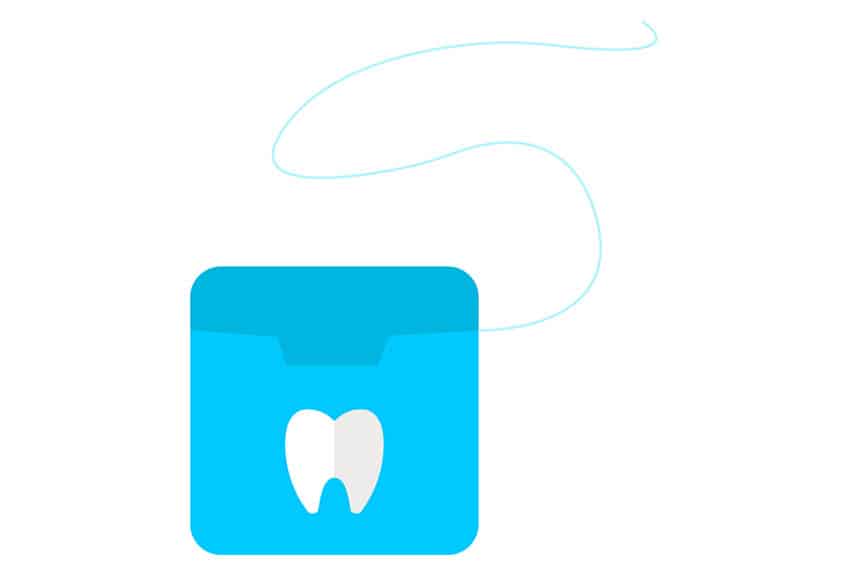Maintaining optimal oral health involves more than just brushing your teeth and flossing is crucial in preventing cavities and gum disease. Despite its importance, many individuals neglect this essential practice.
The Importance of Flossing
Flossing removes plaque and food particles from areas a toothbrush cannot reach, particularly between the teeth and the gumline. Neglecting these areas can lead to plaque buildup, increasing the risk of cavities and periodontal disease. In fact, by not flossing, you may be missing cleaning up to 35% of your tooth surfaces.
Benefits of Regular Flossing
- Prevents Cavities: Removes food particles and plaque that can lead to tooth decay.
- Reduces Gum Disease Risk: Helps prevent gingivitis and periodontitis by cleaning areas that brushing misses.
- Improves Breath: Eliminates trapped food particles that can cause bad breath.
- Enhances Overall Health: Maintaining oral hygiene can reduce the risk of systemic conditions linked to oral bacteria.
Overcoming Common Flossing Challenges
Many people find it can be cumbersome or uncomfortable. Fortunately, there are alternatives:
- Interdental Brushes: Small brushes designed to clean between teeth, effective for those with larger gaps.
- Water Flossers: Devices that use a stream of water to remove plaque and food particles.
- Floss Picks: Handheld tools that make flossing easier, especially for individuals with limited dexterity.
Incorporating these tools can make the process more comfortable and encourage consistent use.
Establishing a Solid Routine
To integrate flossing into your daily oral care:
- Choose the Right Tool: Select a method that suits your comfort and dental needs.
- Set a Specific Time: Floss at the same time each day, such as after brushing at night, to build a habit.
- Be Gentle: Avoid snapping the floss into your gums to prevent irritation.
- Seek Professional Advice: Consult your dentist or hygienist for personalized flossing techniques and recommendations.
Committing to regular flossing can significantly improve your oral health and reduce the risk of dental issues.




